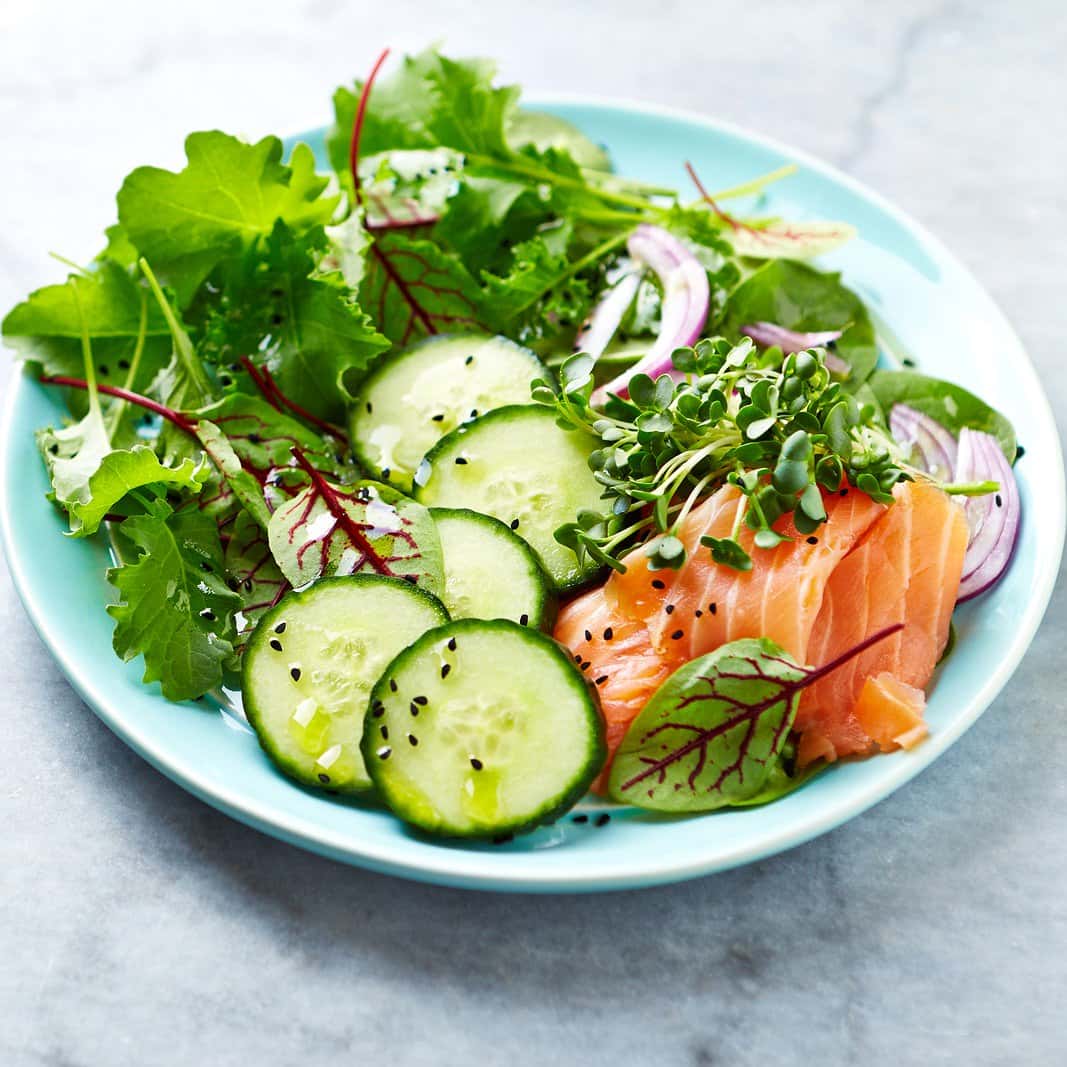
I was taught decades ago that if patients were taking the anticoagulant warfarin (Coumadin), they would need to avoid green leafy vegetables! That’s because greens are great sources of vitamin K. By the way, that K stands for “Koagulations vitamin.” That’s the German name. The vitamin was actually discovered by a Danish scientist, Henrik Dam. He found that chickens fed a very low cholesterol diet started to bleed after a few weeks. That’s because in the process of removing cholesterol from the experimental diet the investigators also removed the fat-soluble vitamin K. The research was published in a German journal. As a result, the coagulation vitamin was written Koagulations vitamin. It became vitamin K for short. This nurse was taught the same way I was: patients needed to avoid vitamin K with warfarin or risk blood clots.
Must Everyone Avoid Vitamin K with Warfarin?
Q. I graduated from nursing school in 1994. At that time, we were taught to instruct our patients on Coumadin to be consistent in their intake of vitamin K-containing foods.
A couple of years later, I started encountering patients who had been told “no vitamin K-rich food.” Now I read that research has shown people should be eating more green vegetables so long as they get about the same amount of vitamin K from day to day.
Be Cautious! Measure Clotting Factors Regularly
A. We too were fascinated by recent Canadian research demonstrating that people who consume plenty of foods providing vitamin K have more stable levels of warfarin (Coumadin). This requires careful monitoring of INR levels!
Readers Weigh in on Instructions to Avoid Vitamin K with Warfarin:
Cate in Bethlehem, Pennsylvania shared this history:
“My husband and I both take warfarin. We have been on this drug since about 1997. Our cardiologists have all told us that we can eat green leafy vegetables, but we should limit our servings to just 3 a week.
“Over the years we learned that blueberries and asparagus and some other foods we did not realize, also contain vitamin K. More recently, I learned that taking a small serving of a vitamin mineral powder containing vitamin K daily, helps keep the INR readings consistent.
“We cannot use the newer drugs, but even if we could, I would prefer the warfarin. It is cheaper, and it has a readily-available antidote: in an emergency, I can use a quick serving of vitamin K to counteract bleeding caused by an accident of some kind.”
Luther in Pittsboro, NC offered a somewhat similar story:
“Warfarin works fine for me. I just have to work with primary care office to get my INR levels checked once a month. I have my warfarin dose adjusted so I can eat plenty of Vitamin K veggies and cashew nuts, which are rich in vitamin K.
“Eliquis would eliminate the need for INR checks but I have to watch for drug interactions. I am not sure of this but I took Eliquis as an anticoagulant and it elevated my Dilantin levels, which I take for seizures.”
Consistency is the Key:
It is important to keep this anticoagulant within the proper range. Too much can lead to excessive bleeding, while too little puts a person at risk for blood clots. Regular blood tests are needed to monitor clotting activity.

